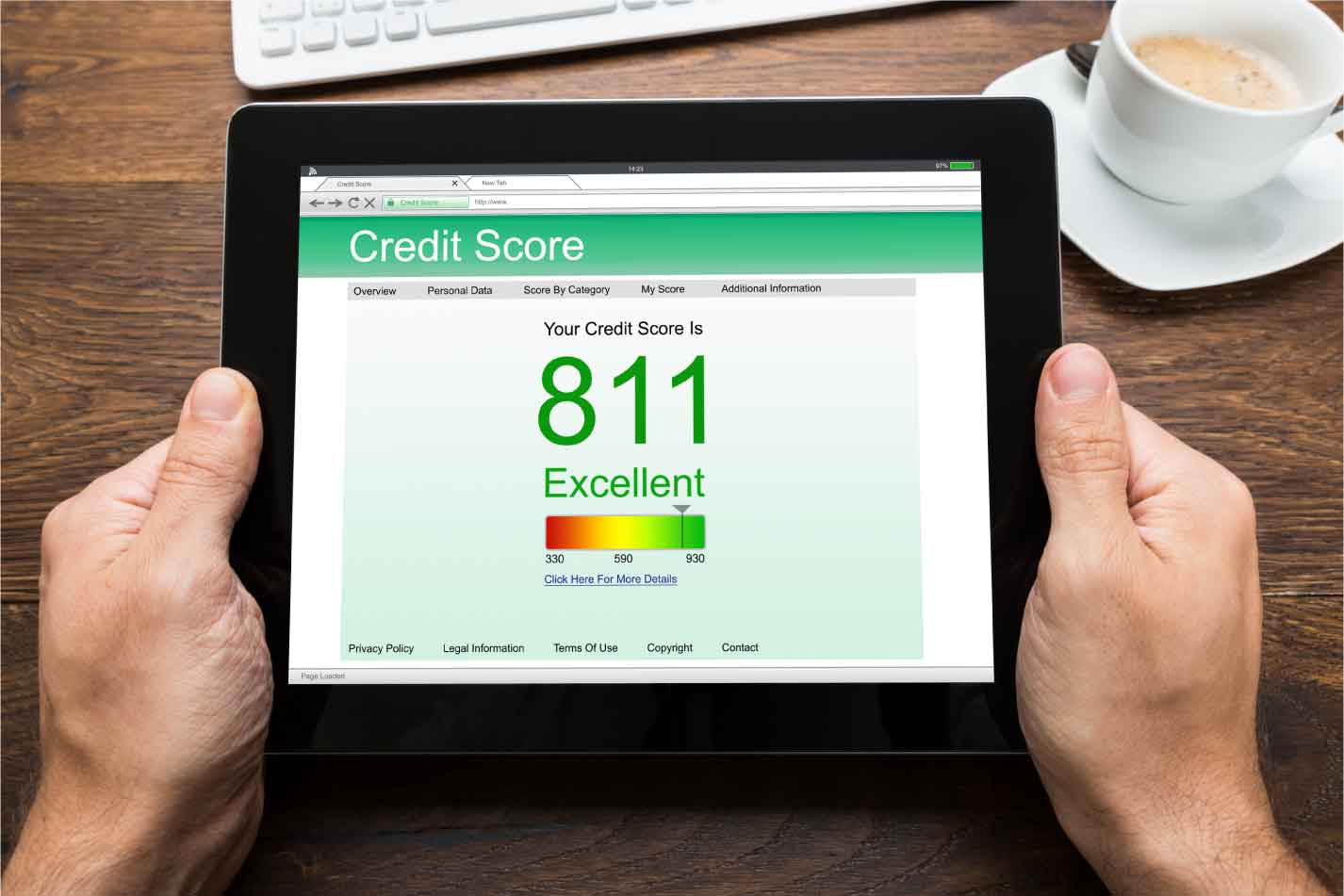
25 Jun What is a Credit Score
What is a credit score ?
Credit Scores are normally used by mortgage providers and help them decide if you qualify.
Credit scores are usually calculated as part of the mortgage lenders automated application system. Most mortgage providers use credit scores when assessing mortgage applications. If you have got a high credit score you are likely to be considered a good risk. Having a high score can sometimes make it seem like it is easier to get a mortgage. Credit reports hold a lot of information about your personal credit history and transactions. These records usually cover the last six years. In addition, your credit history will include details of any mortgage payments, credit card balances, overdraft limits, loan payments, mobile phone contracts and even utilities. Basically, if you have ever taken out credit, a credit reference agency will hold a report about you.
How to check your rating
There are currently two main credit reference agencies. These two main agencies are used by lenders, they are Experian and Equifax. You can register to see your credit file. A mortgage adviser can give you details of how you might access your credit file data.
Credit agencies regularly collect and update your personal data. The data collected includes where you live and whether you are named on the electoral register. Also, your credit file has details of any problems, such as Defaults, County Court Judgements, or late payments. Every time you apply for credit a record or “footprint” is left on your credit file. It is important to make sure these footprints are only left behind for things that are relevant. Too many footprints can be a concern to some mortgage providers.
Credit agencies just collect information about you, they do not make decisions about whether you are accepted or rejected for credit. Types of information in your report.
Credit reports usually have several categories, these categories include things like:
- Address information – electoral roll information about your current address, and previous addresses
- Financial credit agreements – details of loans, credit cards, mortgages, or overdrafts
- Public records – information about any Defaults, County Court Judgements (CCJs), Bankruptcies or Insolvencies
- Financial associates – any financial relationships with someone else. For example: Joint account holders
How your credit score is calculated
Lenders calculate credit scores in different ways. When you are applying for a mortgage, lenders usually consider two main areas:
Your Application Information
Your application will include details about you that are not available in your credit report. For example: your income, your job, any dependants and how much deposit you have.
Previous Credit History
Lenders will use the historic information contained in your credit report. Both good or bad information is available in your report and will be looked at when applying for a mortgage.
What happens if your application is declined?
Being declined for a mortgage is not nice. However, it is not necessarily the end of the world. Mortgage providers use different criteria; they score mortgage applications in different ways. Therefore, should one lender decline your application, another could score you higher, and therefore be happy to give you a mortgage.
In some cases, we even get lenders to re-consider and over-turn decisions. But this will depend on your circumstances.
How to improve your score
You cannot improve a credit score overnight. However, there are ways to improve your score:
Consider asking a mortgage broker to look at your credit file. A broker might be able to tell you where improvements can be made. Also, a broker should be able to point out potential problems. It can take a few months to see an improvement in your credit score.
Therefore, it is a good idea to start planning as soon as possible. Here are some simple tips for you to consider:
- Make sure you are on the electoral roll.
- Make sure your names and any address details are correct and match up.
- Do not run up lots of applications for credit before applying.
- Try to close your unused accounts, such as zero balance credit cards.
- Check your associations, are they going to be a problem? (i.e., ex-partner)
- Do not fall in arrears and try not to be late with your payments.
We have more guides available for first time buyers, home buyers, remortgages and buy to let.
We also recommend The Money Advice Service if you want more detailed information.


